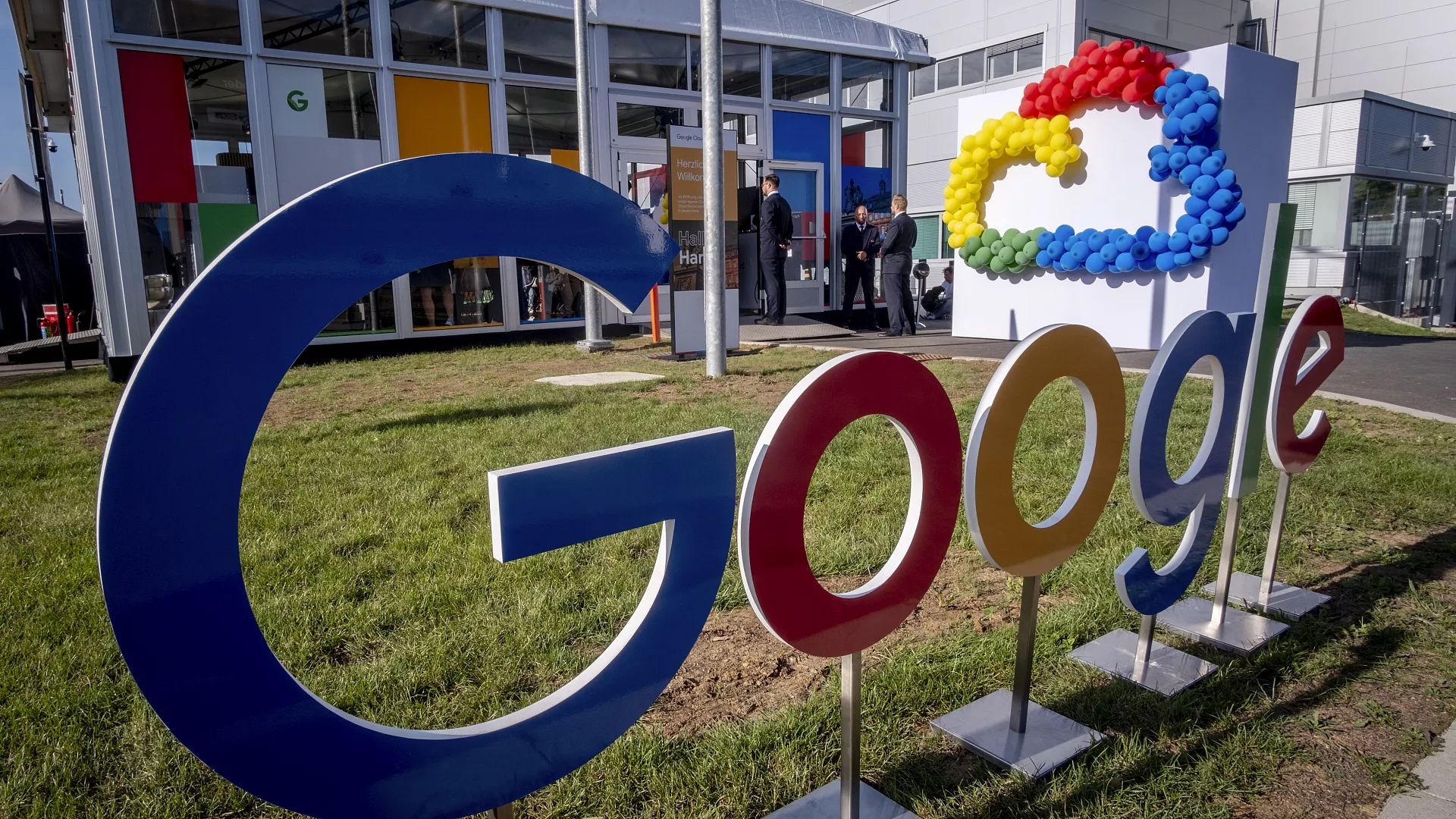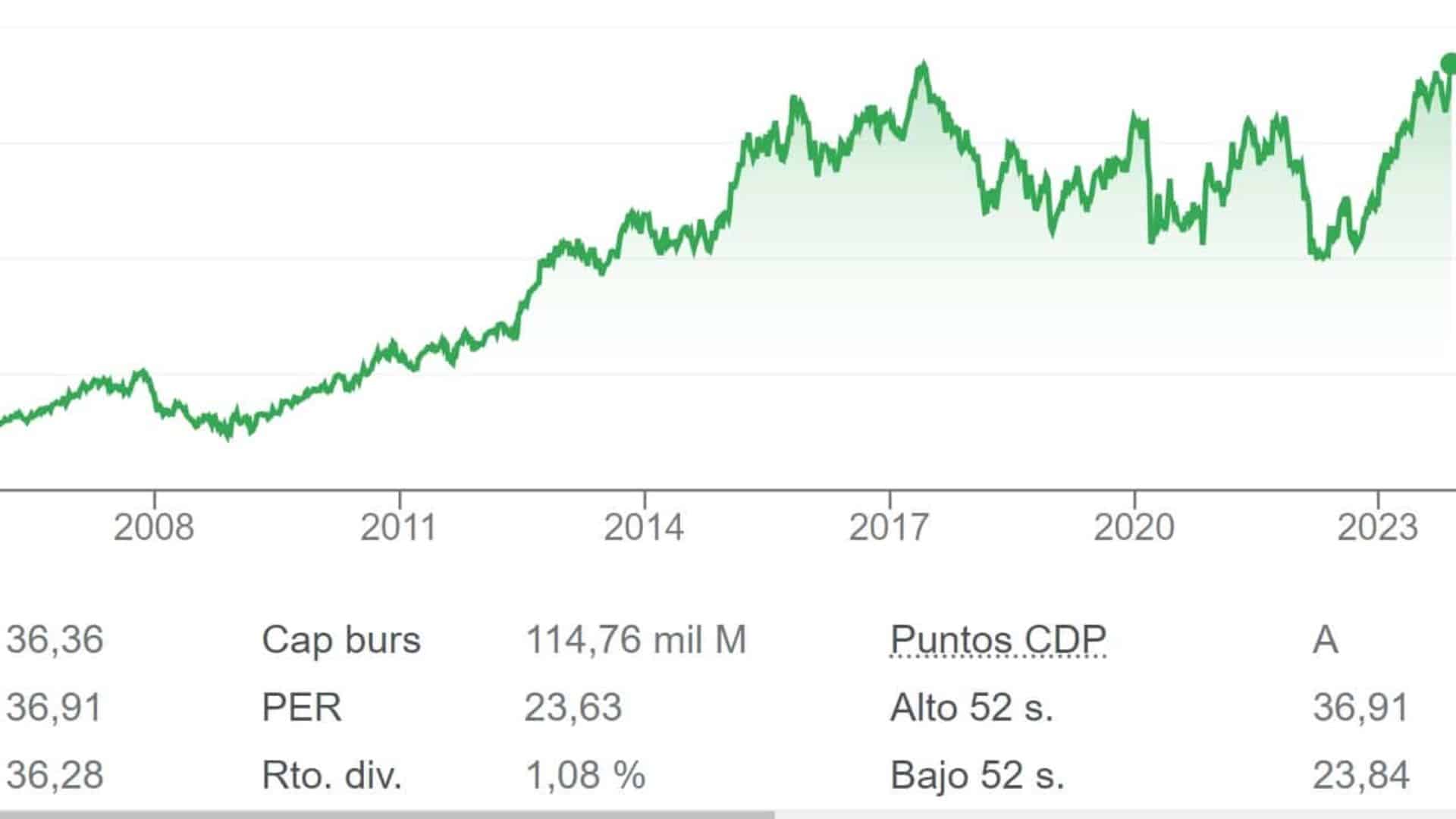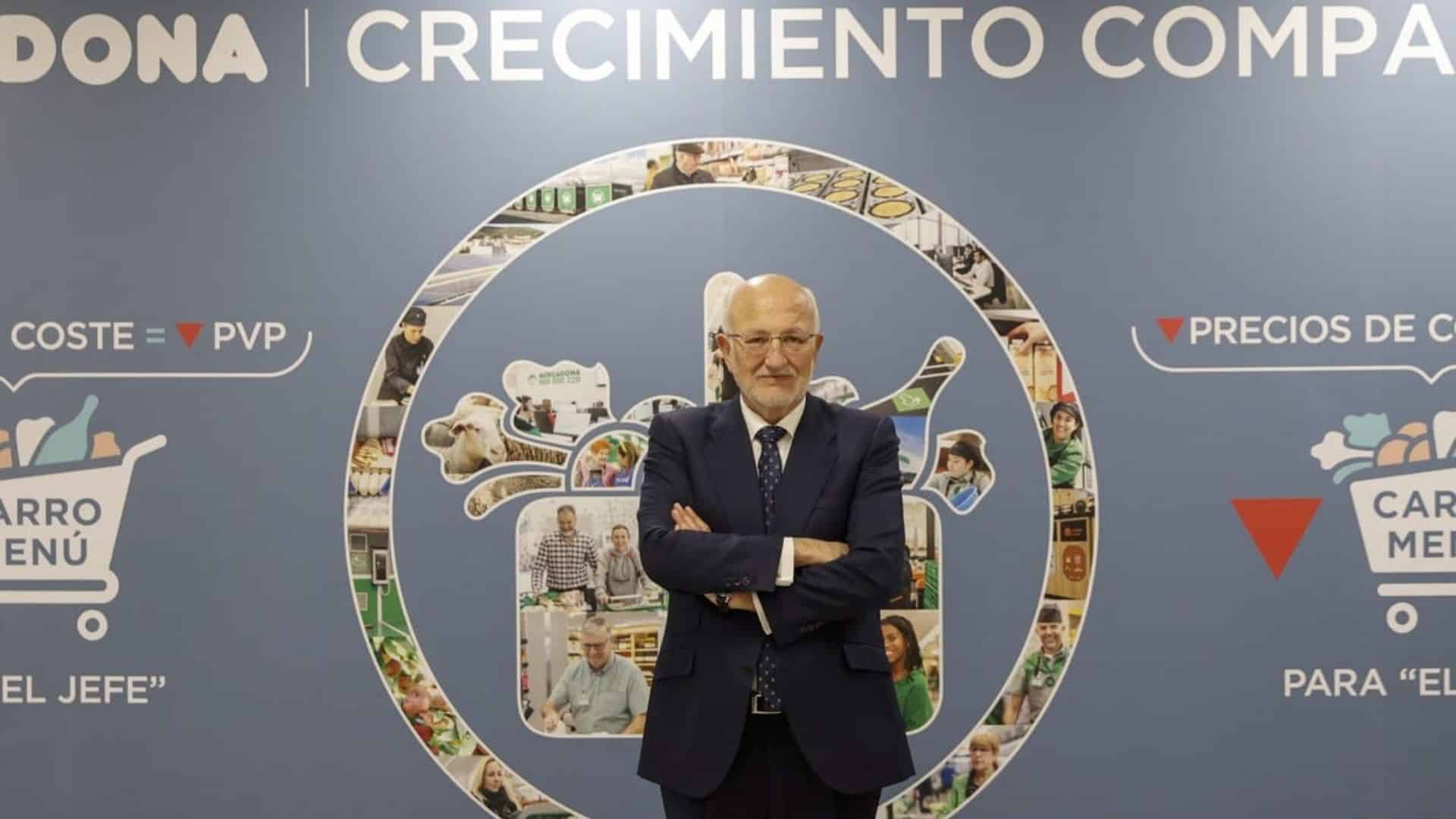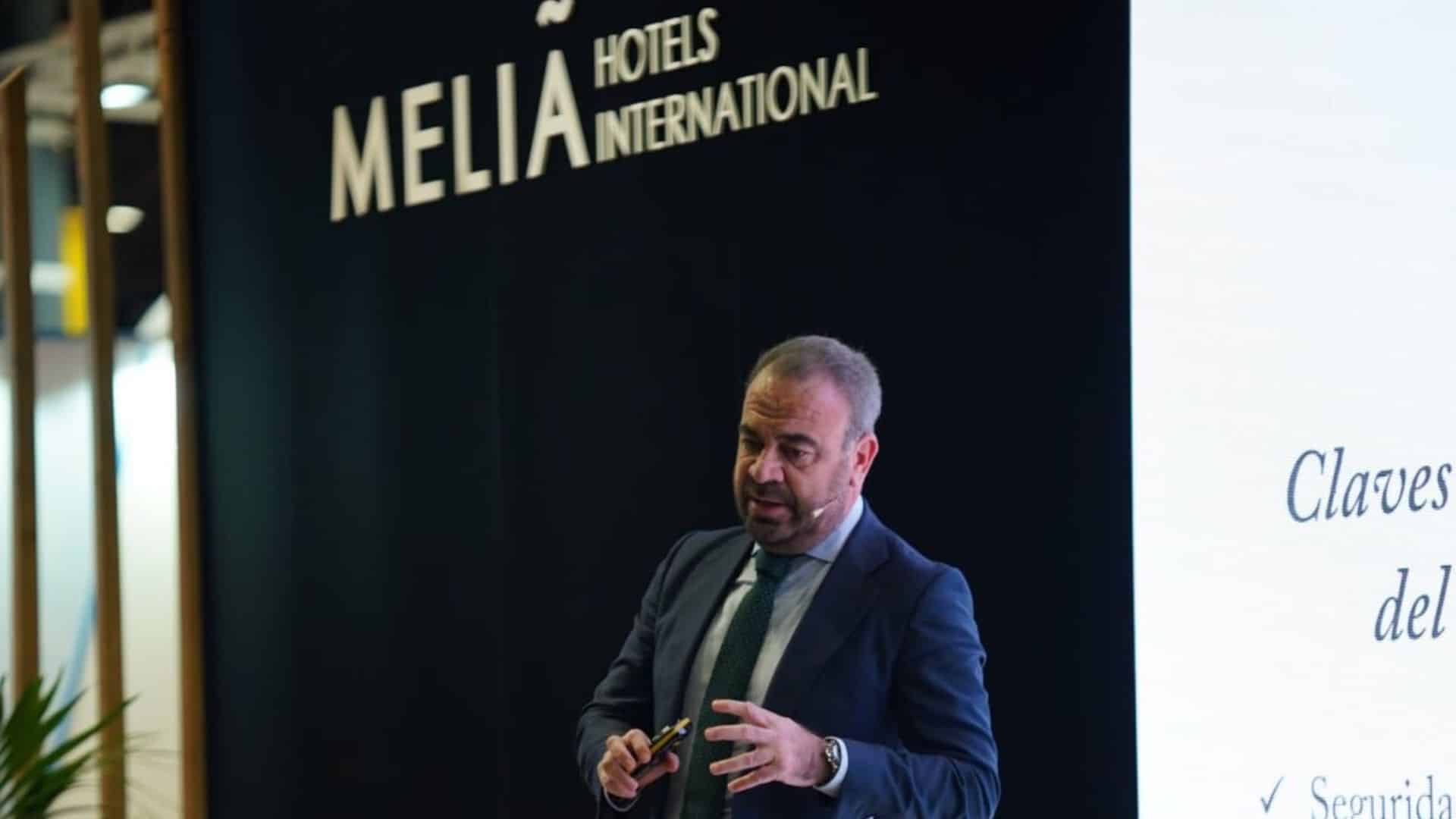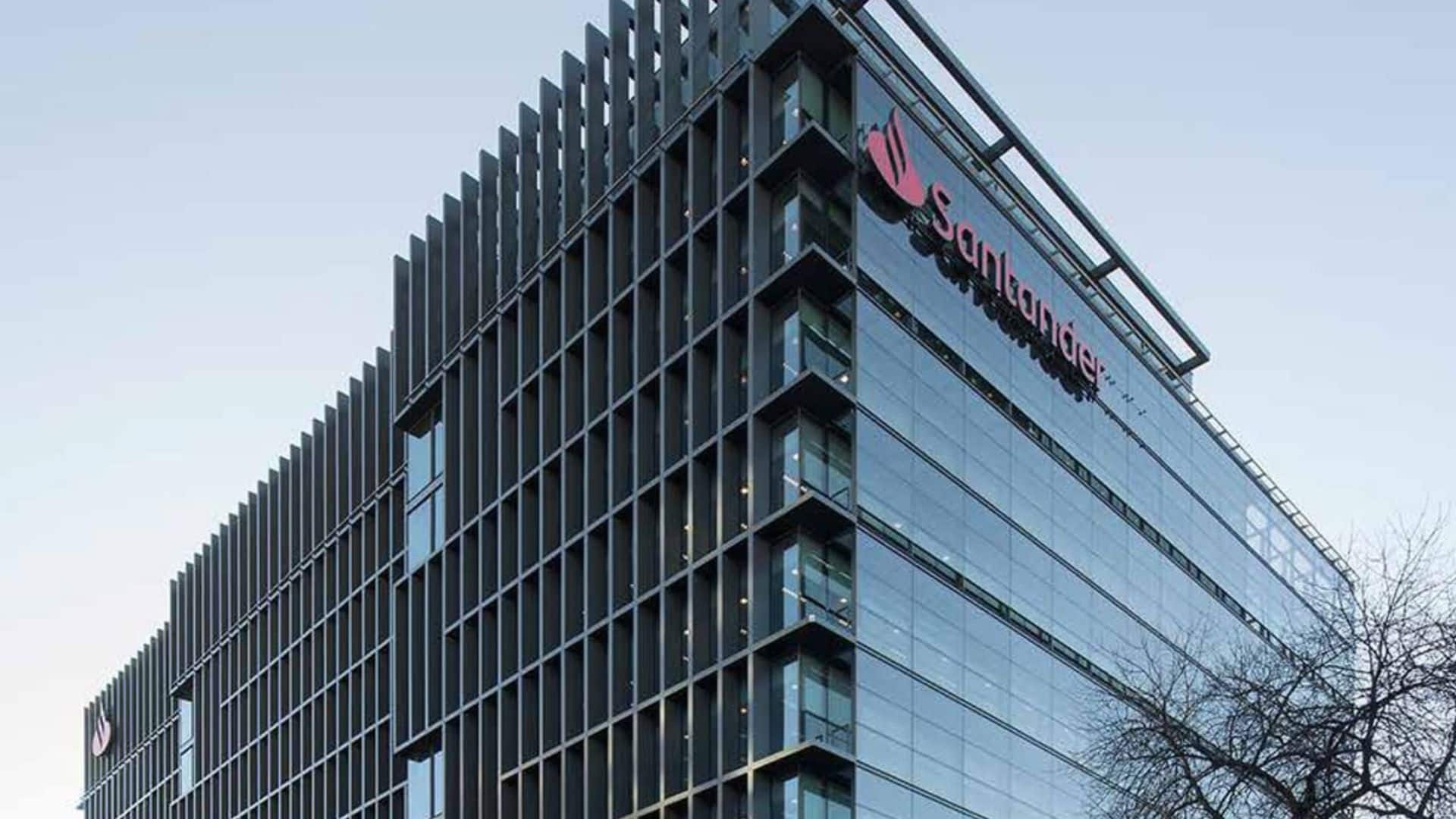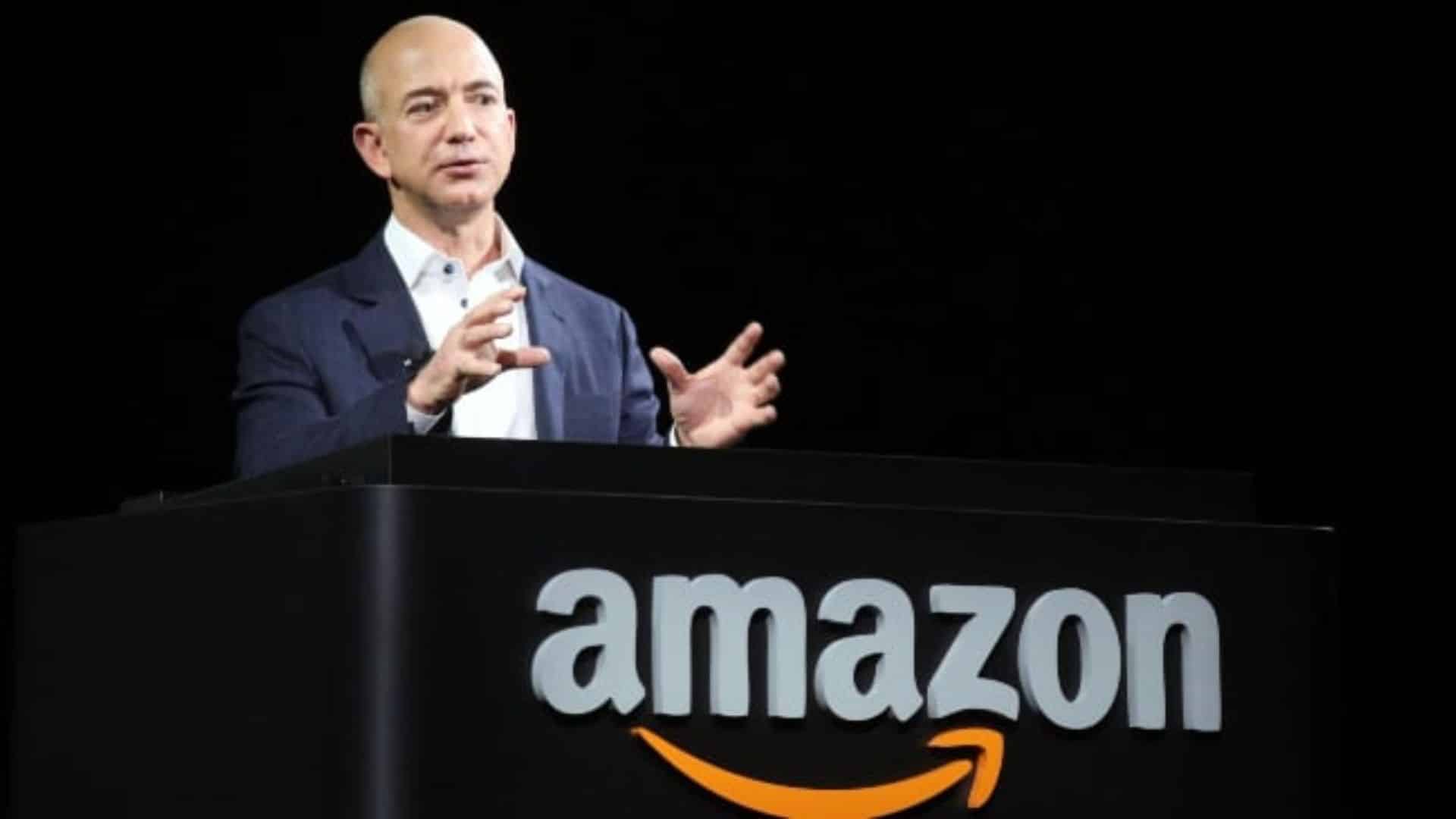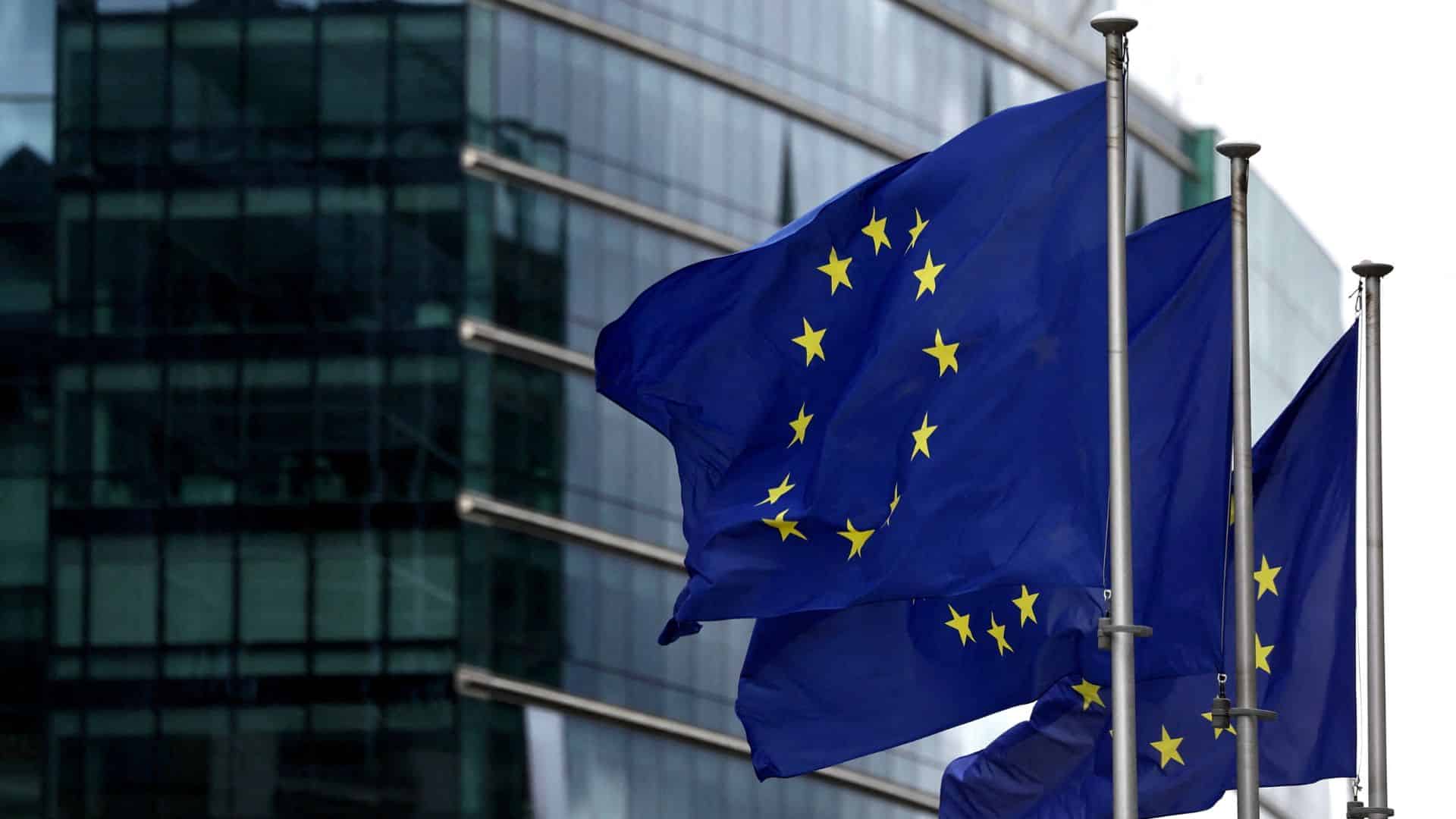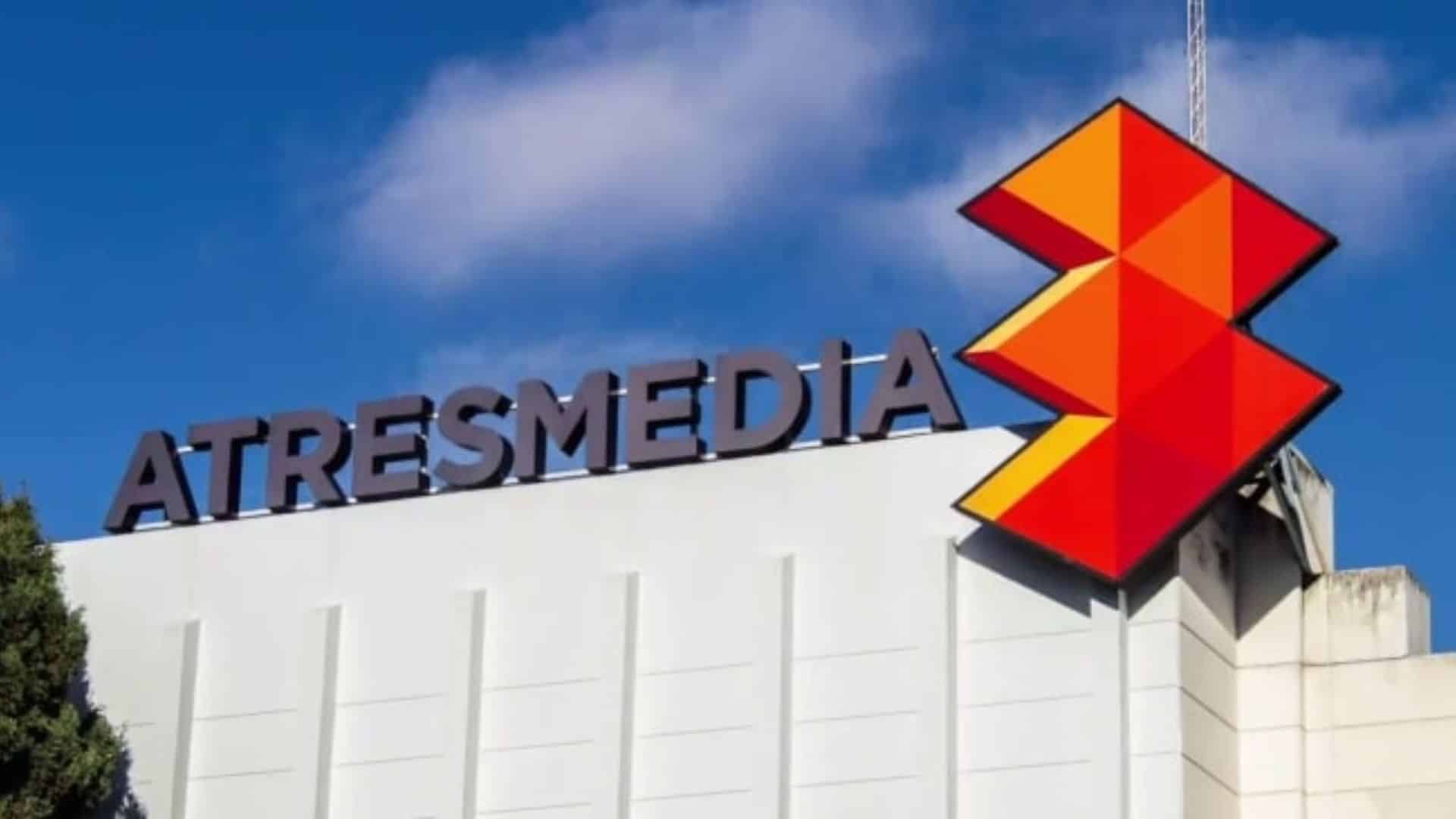
The CEOE detects shortcomings in public advertising calls for tenders
The CEOE identifies shortcomings in the calls for public advertising tenders, as representatives of the communication and advertising sector have been warning for months.
The director of companies and organisations of the confederation that represents businessmen, Javier Calderón, defended yesterday at the CEOE headquarters during the event Radiografía del principal anunciante del país, that public tenders “should respect the idiosyncrasies of each sector”, and in the case of advertising, they should “extend the deadlines for presentation”, set “realistic budgets”, “evaluate other intangibles” beyond the economic offer and have “a committee of experts to help evaluate”.
The CEOE thus joins the warnings issued by La Fede and the Association of Communication Consultants (ADC), which yesterday presented a study that concludes that 72% of tenders do not follow the guidelines set by the sector to achieve “quality contracting” and “the fulfilment of objectives set by the public administrations themselves through public procurement”.
Specifically, the study determines that 54% of tenders are awarded to the cheapest proposal, omitting technical aspects; 55% of these set a deadline of less than 21 days; 86% request a financial solvency from the candidate companies that is considered very high; and 94% allow proposals to be submitted exclusively electronically.
Specifically, the study finds that 54% of tenders are awarded to the cheapest proposal, omitting technical aspects; 55% of these set a deadline of less than 21 days; 86% require a financial solvency level from the candidate companies that is considered very high; and 94% allow proposals to be submitted exclusively by electronic means.
The sector regrets that more than half of public advertising tenders are awarded to the cheapest proposals.
ADC’s director general, Dolores González Pastor, said that the study “shows that the recently approved public procurement regulations still have room for improvement in order to meet both the objectives of the Public Sector Contracts Act itself, which in turn includes European guidelines, and the objectives of the Europe 2020 Strategy, which calls for public procurement that promotes sustainable economic growth, the quality of contracts, is inclusive and guarantees access for SMEs, transparency, efficiency and legal certainty”.
For his part, the president of the FEDE, José Carlos Gutiérrez, regretted that the Secretary of State for Communication “turns a deaf ear to what we have been doing for years” in this area, and offered his hand to achieve a rapprochement with both this body and those responsible for the procurement board.
Equmedia’s director of negotiation and buying, Nuria Catalá, added that in public administration “there are no professionals who understand media”. “We really need them to understand that a media strategy cannot be uploaded on an impersonal platform that you can’t explain to anyone. This is the biggest frustration we have,” he said.

